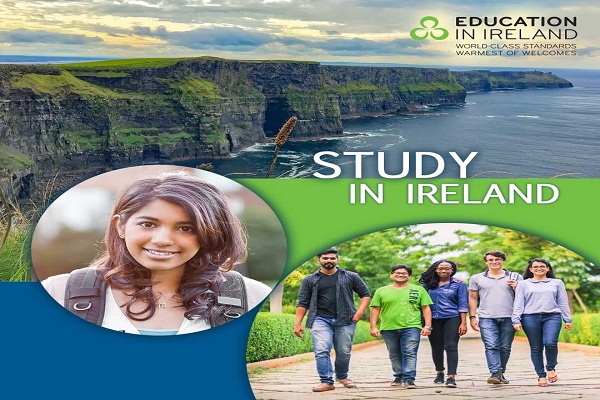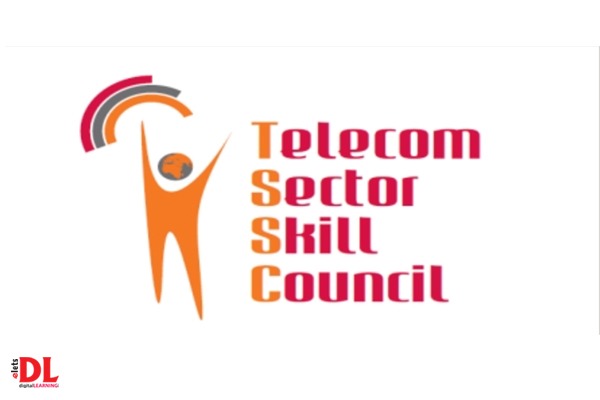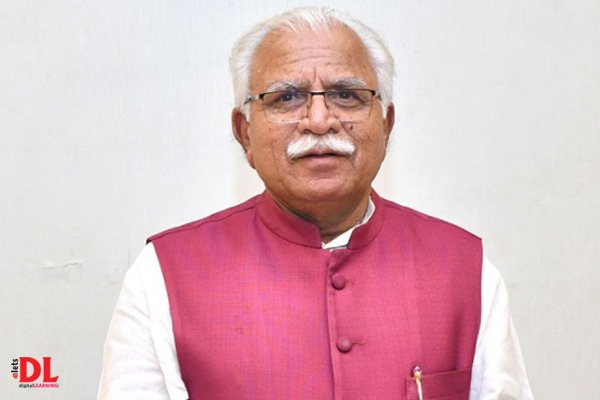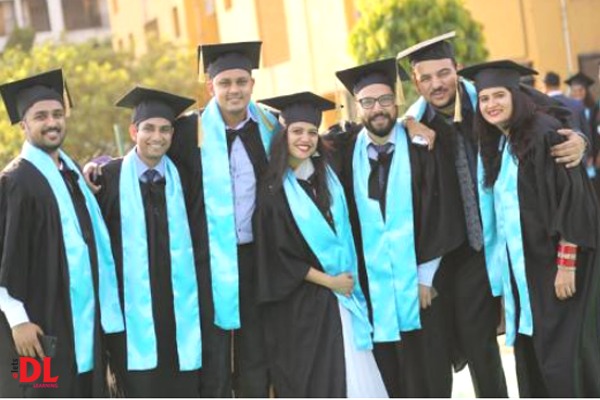Kanhaiya Kumar is the founder and CEO of School Canvas. He spoke to Digital Learning Magazine.
Q – Tell us about your brand, like its inception, founders and more.
A – School Canvas (previously known as Parentsalarm.com) is one of the leading ed-tech firms in the country. We are recognized as a leading ERP provider in the ed-tech space. Headquartered in Chennai, we have been in the market for over a decade and have grown exponentially ever since. We are a multipurpose platform that provides a user-friendly, innovative and transparent school management system and mobile application that bridges the gap between the school management and the parents in real time.
Kanhaiya Kumar, the founder, conceptualized the idea of the company. When he noticed a gap in technology in the educational sector, he wanted to bridge this gap and revolutionize the way schools communicate with parents and different stakeholders of the schools. This is when they started offering the initial few services.
Q – Edtech has emerged strongly in the pandemic. Going forward, what according to you is the future of EdTech.
A – During the pandemic, the education sector in India has been the most disrupted and shut schools all across the world for almost 3 years. As a result, education has changed dramatically, with the distinctive rise of e-learning, whereby teaching is undertaken remotely and on digital platforms.As all educational institutions, large and small, embrace a hybrid approach to learning, the edtech industry is continuously expanding.
When it comes to technology, the education sector has always been laid back to adapt to it but the pandemic has forced schools, institutions to shift online and use language apps, virtual tutoring, video conferencing tools, ERP solutions, online learning software etc. Hence, I can say that the future of learning is edtech because there is evidence that learning online can be more effective in many ways with the right access to technology. On an average students retain 25-60% more material when learning online compared to only 8-10% in a classroom. This is mostly due to the students being able to learn faster online; e-learning requires 40-60% less time to learn than in a traditional classroom setting because students can learn in their own space, going back and re-reading, skipping, or accelerating through concepts as they choose.
Q – It is said that online mediums have the power to meet policy parameters of NEP – Access, Equity, Quality, Affordability and Accountability. Your views.
A – National Education Policy was a much needed step awaited by the country. As the world is changing, there is a need for change in the education sector as well. For education institutions, technology serves as a bridge to the NEP goals.
EdTech solutions make tracking the proper career route for students, as well as their growth and bridging skills gaps, much easier. These tools assist students in choosing the proper combination of studies and developing the necessary abilities to succeed in their jobs.
Q – What is the biggest strength of the EdTech industry in making a paradigm shift in the education ecosystem ?
A – AI is the biggest strength of the EdTech industry in making a paradigm shift in the education ecosystem. The goal of integrating AI in EdTech is to put students’ experiences front and center. Teach students how to enjoy themselves while studying.
Artificial intelligence‘s greatest gift in personalization. This is something that the EdTech industry is taking use of as well. We are also providing personalization in our solutions to the schools. As every school has their own criteria to manage things, our team modified the services according to the requirement which has been possible through the AI.





























